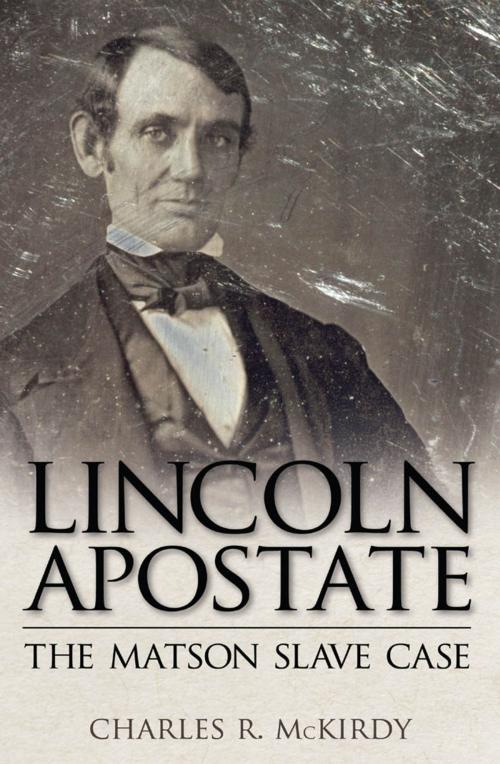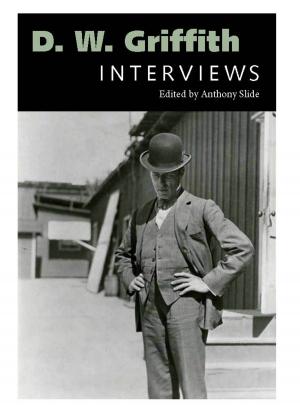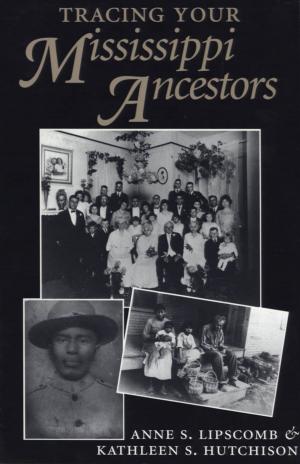Lincoln Apostate
The Matson Slave Case
Nonfiction, Reference & Language, Law, Legal History, Social & Cultural Studies, Social Science, Discrimination & Race Relations, History, Americas, United States, 19th Century| Author: | Charles R. McKirdy | ISBN: | 9781604739879 |
| Publisher: | University Press of Mississippi | Publication: | April 4, 2011 |
| Imprint: | University Press of Mississippi | Language: | English |
| Author: | Charles R. McKirdy |
| ISBN: | 9781604739879 |
| Publisher: | University Press of Mississippi |
| Publication: | April 4, 2011 |
| Imprint: | University Press of Mississippi |
| Language: | English |
In 1847, in a small rural courthouse in Coles County, Illinois, Abraham Lincoln represented a Kentucky slave owner named Robert Matson in his attempt to recover a runaway slave woman and her four children. Most Americans, even those with a penchant for the nation's history, have never heard of this court case. This is no coincidence. Lincoln's involvement in the case has troubled and bewildered most students and biographers of the "Great Emancipator." In many assessments, the case inspires rationalizations and distortions; in others, avoidance and denial. These approaches are a disservice to the man and to those who seek to understand him.
In Lincoln Apostate: The Matson Slave Case, lawyer and historian Charles R. McKirdy digs behind the myths and evasions to determine why Lincoln chose to advocate property rights grounded in a system that he claimed to abhor and pursue the continued enslavement of five of its most vulnerable and sympathetic victims. In a careful and readable blend of narrative and analysis, the book finds the answer in the time and place that was Lincoln's Illinois in 1847, in the laws and judicial decisions that provided the legal backdrop against which the drama of the Matson case was played out, and in the man that Lincoln was thirteen years before he became president.
The discussion of Lincoln's decision to represent Matson and the description of the trial itself take nothing at face value. The author examines primary and secondary sources for the ribbon of truth shorn of preconceptions and hollow justifications. Lincoln Apostate scrutinizes Lincoln's motives for choosing as he did and explores the ideals and fears of this very complex man.
In 1847, in a small rural courthouse in Coles County, Illinois, Abraham Lincoln represented a Kentucky slave owner named Robert Matson in his attempt to recover a runaway slave woman and her four children. Most Americans, even those with a penchant for the nation's history, have never heard of this court case. This is no coincidence. Lincoln's involvement in the case has troubled and bewildered most students and biographers of the "Great Emancipator." In many assessments, the case inspires rationalizations and distortions; in others, avoidance and denial. These approaches are a disservice to the man and to those who seek to understand him.
In Lincoln Apostate: The Matson Slave Case, lawyer and historian Charles R. McKirdy digs behind the myths and evasions to determine why Lincoln chose to advocate property rights grounded in a system that he claimed to abhor and pursue the continued enslavement of five of its most vulnerable and sympathetic victims. In a careful and readable blend of narrative and analysis, the book finds the answer in the time and place that was Lincoln's Illinois in 1847, in the laws and judicial decisions that provided the legal backdrop against which the drama of the Matson case was played out, and in the man that Lincoln was thirteen years before he became president.
The discussion of Lincoln's decision to represent Matson and the description of the trial itself take nothing at face value. The author examines primary and secondary sources for the ribbon of truth shorn of preconceptions and hollow justifications. Lincoln Apostate scrutinizes Lincoln's motives for choosing as he did and explores the ideals and fears of this very complex man.















